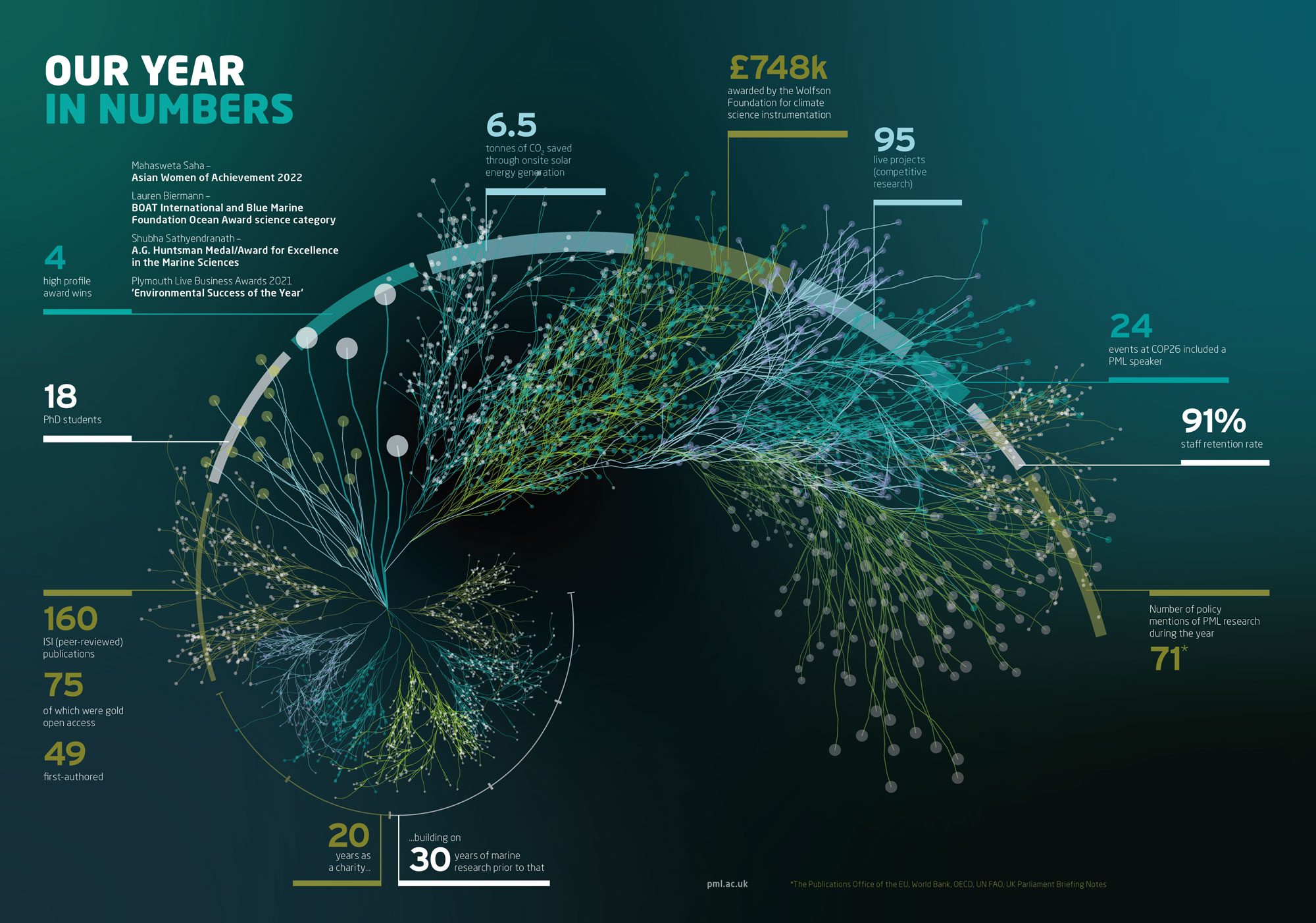Our impact
Ensuring a healthy and sustainable ocean
Plymouth Marine Laboratory delivers world-class marine research with real-world impact, working with sustainable businesses, informing policy, and developing tools to guide a responsible blue economy. Our Research Impact Plan drives us toward a cleaner, healthier, and more resilient ocean – enhancing both environmental sustainability and societal wellbeing.
Our plan for impact

Benefiting society and the environment
Delivering research that benefits society and the environment is core to PML’s ethos. We encourage all our staff to play a role in achieving impact and realising the potential of our research. One of four pillars of the PML Strategy 2020–2025 is ‘Science excellence and impact – strengthening PML as a world leader delivering cutting edge, innovative environmental and social science with impact to support a sustainable ocean’.
Bringing positive change
Our research is most likely to bring about positive change if we are responsive to external drivers, receptive to stakeholder needs, strategic in our approach, and communicate knowledge in appropriate ways to a variety of audiences.
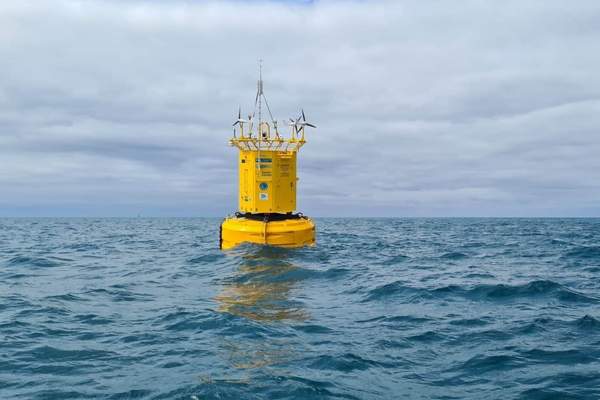
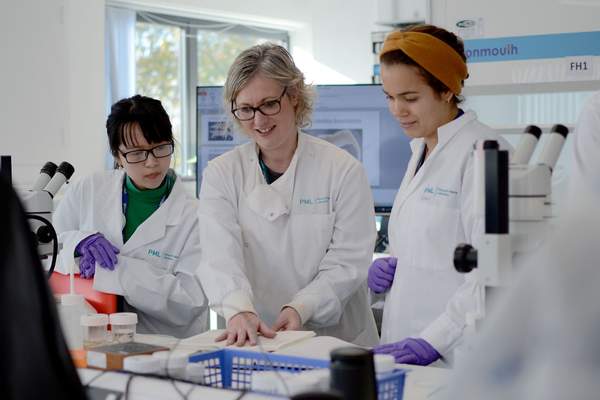
Delivering impactful research
PML has a track record of delivering impactful research; our ongoing transition to increasingly impact-led research focuses on broadening our impact to society as a whole and involving all staff and students in the process.
Working for our vision
The Research Impact Plan sets out the strategy to achieve impact leading to our vision for a cleaner, healthier and more resilient ocean with diverse and productive ecosystems. This will enhance human health and wellbeing and result in more equitable and sustainable goods and services for society. The organisational-level plan is based on a Theory of Change and identifies actors and expected impacts across research, innovation, capacity building, awareness and policy.

Impact case studies
The story of PML’s impact is told through a series of impact case studies, which describe and evidence how our science made a material contribution to a particular impact and how that led to benefits for society and the environment. As well as using these narratives to share and celebrate PML’s achievements, they are independently evaluated every 5-6 years in a national process led by Natural Environment Research Council (NERC), part of UK Research and Innovation (UKRI). The process mimics the national Research Excellence Framework (REF) evaluation of UK universities.
In the most recent evaluation in 2020, PML received the highest impact scores of all UK Research and Innovation research centres evaluated. The assessment reviewed 4 case studies which were all deemed to be outstanding or have very considerable reach and significance. The panel found that PML’s impact had “Considerable and some outstanding impact national and internationally on governments, business and public attitudes. They also commented that the case studies contained ‘..well explained pathways from activity to impact and convincing evidence of the impacts’.

Shaping policy and reducing marine plastic pollution
Plastic debris is a widespread and persistent pollutant in the marine environment, which poses a considerable risk to marine organisms and has economic repercussions for society. PML was the first organisation to identify that microplastics are damaging zooplankton, the most numerous animals on Earth and a key link in oceanic food chains.
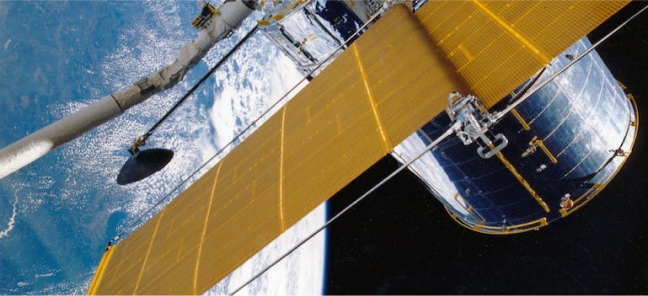
Satellite-derived ocean front maps inform designation of MPAs
Our oceans face multiple stressors due to climate change, overexploitation and pollution. Area-based conservation approaches are used throughout the world but do not always protect highly mobile marine fauna, such as basking sharks and turtles. PML has provided a means to address this challenge by using satellite.

Putting ocean acidification onto the international agenda
PML scientists have been at the forefront of developing the science of ocean acidification and pivotal in placing the issues surrounding the science firmly onto the international agenda. PML first identified ocean acidification as a problem as part of a Defra review on the potential impact of increased carbon dioxide in the marine environment in 2004, this was followed by contribution to a Royal.
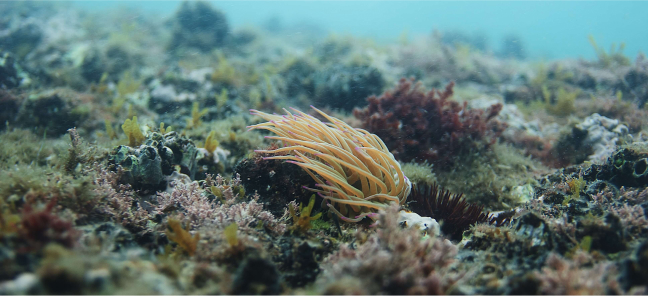
Valuing the marine environment for better management
The marine environment supports human wellbeing and economic growth, yet is subject to multiple pressures that reduce its ability to do so. In order to make informed management decisions a common currency is needed to assess and compare the value of benefits derived from the sea. PML researchers were the first to identify and systematically value these benefits and thus quantify their significance. These valuations enabled.
See our support us page for how to help us continue to make a difference and develop solutions to environmental challenges.
